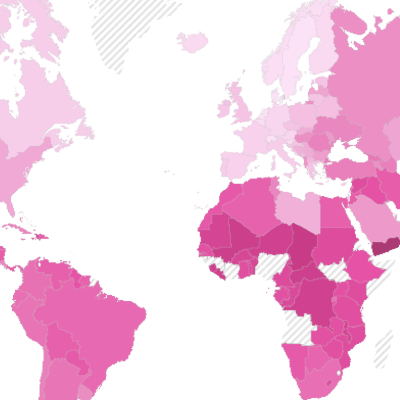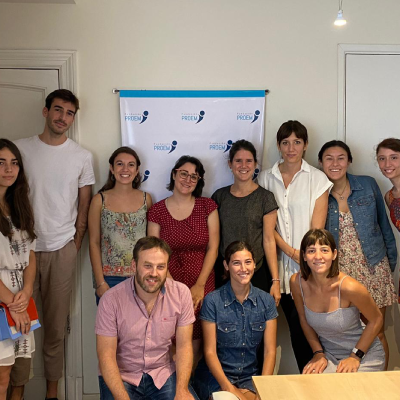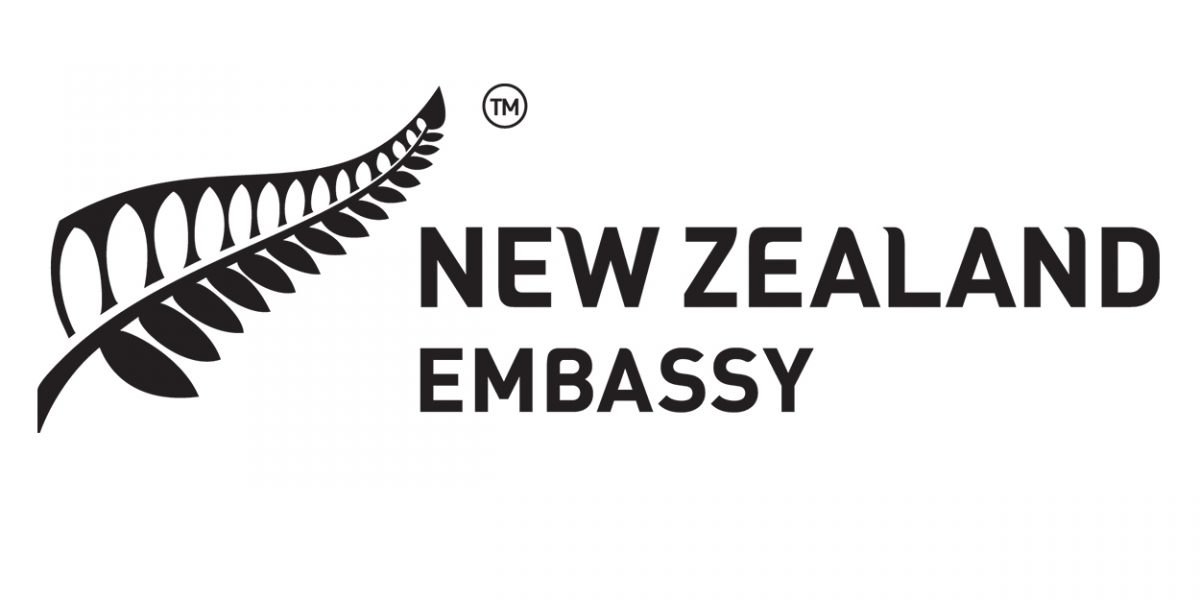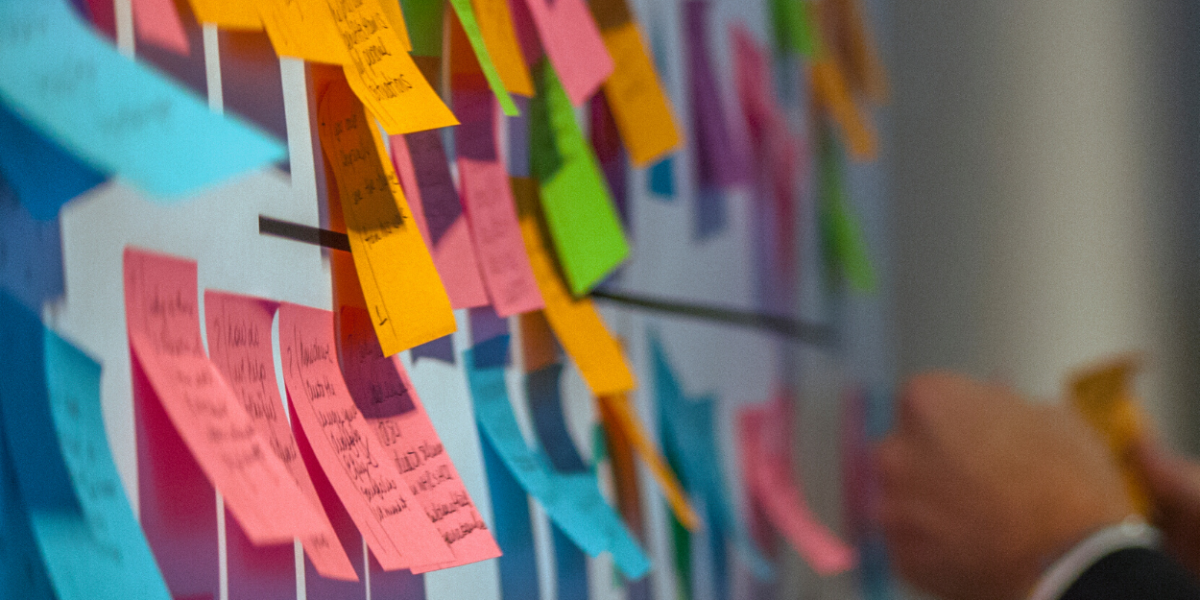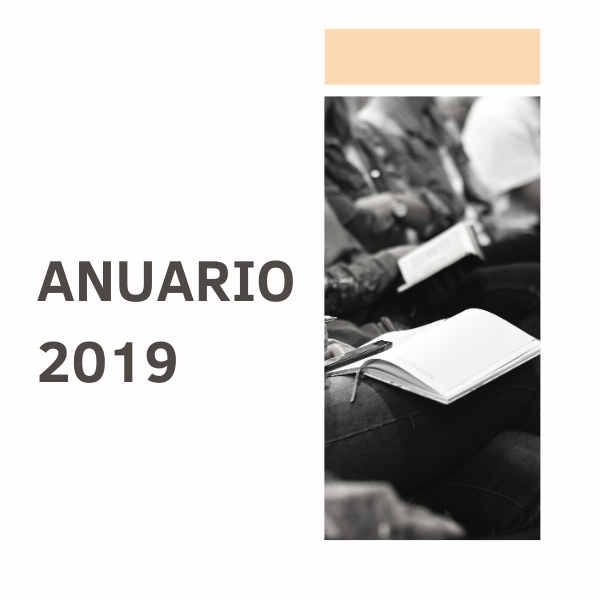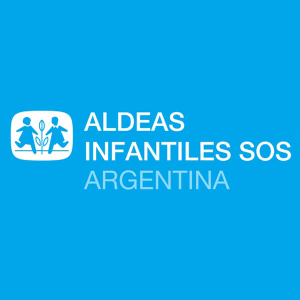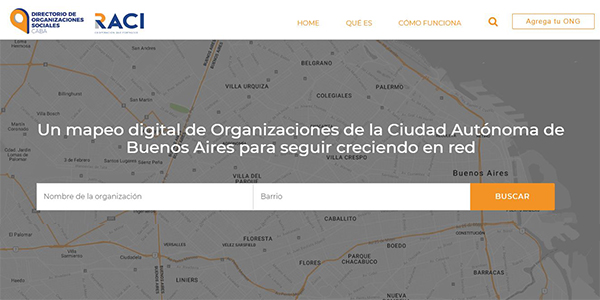In January 2020, the 2019 Gender Inequality Index (GII) developed by the United Nations Development Program (UNPD) was officially published. Their results showed that, despite the progress that girls and women have made since 1990, they have not yet gained gender equality. Therefore, gender inequality remains a critical barrier to Human Development because it represents a major source of inequality that disadvantages both girls and women around the globe, and impacts negatively the development of their capacities and their freedom of choice.
In general terms, the GII is based on the same framework as the Human Development Index, which allows to demonstrate better the differences in the distribution of achievements between women and men, that is, it measures the costs of Human Development in gender inequality.
For this reason, UNDP uses the GII to measure gender inequality in three important aspects of Human Development:
- reproductive health, measured by maternal mortality and adolescent birth rate;
- empowerment, measured by the proportion of parliamentary seats held by women and the proportion of women and adults over 25 with at least some secondary education;
- economic status, expressed as participation in the labor market and measured by the rate of participation in the labor force of the populations of men and women aged 15 and over.
This index was applied in 162 countries to study the position of women in them and the data obtained offered information on gender gaps in the main areas of Human Development.
First, one of the most troubling data was that, globally, 44% of combined achievements in human development are lost due to gender inequality.
Second, although gender gaps in the early formative years are closing, gaps prevail during adulthood.
Third, it should be noted that in all regions unemployment rates are higher among women than among men, and the participation rate of women is consistently lower. Likewise, the participation of women in parliamentary seats worldwide is, in average, 24%.
While 0 indicates complete equality and 1 indicates complete inequality, Europe and Central Asia have the lowest inequality score between men and women, of with a GII of 0,276. Sub-Saharan Africa has the highest GII score, of 0,573; while Latin America and the Caribbean remain in the middle of the table, with a score of 0,383.
In conclusion, the GII constitutes an objective and clear tool to assess gender inequality in all countries and, with the data obtained, apply it in public policies that aim to overcome the systematic disadvantages of women.

